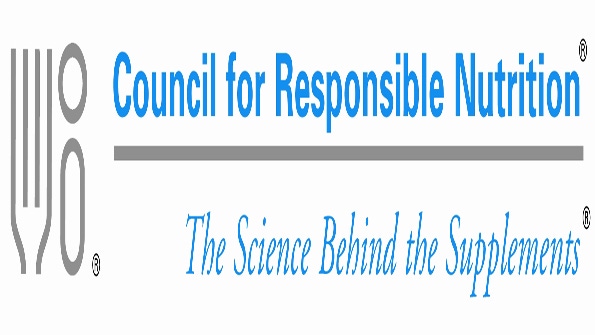CRN weighs in on the U.S. Preventive Services Task Force's “Vitamin, Mineral and Multivitamin Supplements for the Primary Prevention of Cardiovascular Disease and Cancer."
February 24, 2014

In response to the final report, “Vitamin, Mineral and Multivitamin Supplements for the Primary Prevention of Cardiovascular Disease and Cancer,” from the U.S. Preventive Services Task Force (USPSTF), the Council for Responsible Nutrition (CRN), the leading trade association representing the dietary supplement industry, issued the following statement:
Statement by Duffy MacKay, N.D., senior vice president, scientific and regulatory affairs, CRN:
“CRN appreciates the effort that the USPSTF has taken in releasing this final report to clarify its conclusion—that the evidence is insufficient to make a recommendation for the use of vitamin supplements for the primary prevention of cardiovascular disease and cancer—should not be more broadly interpreted.
“We were pleased to see that in the USPSTF’s press release, the Task Force reminds everyone that ‘…this recommendation is limited to use of these vitamins and supplements specifically for the prevention of cardiovascular disease and cancer.’ Despite the misleading headlines that resulted from the earlier draft report from the USPSTF published in December, both the draft and this final report make no recommendations on the value of vitamins and minerals for overall health and wellness or for filling nutrient gaps, the areas for which research tells us consumers are most likely to take them.
“The report’s conclusion that there is ‘…not enough evidence…’ for recommendations in the areas of cancer and cardiovascular disease should not be considered as a lack of benefit as there is a big difference between lack of research and lack of positive results. Even with a current gap in the research, what few studies there were that met the USPSTF criteria pointed to a potential promise for cancer protection.
“We commend the Task Force for wisely recognizing that nutrients are not drugs, acknowledging that there are significant challenges to studying vitamins using methods similar to those used for studying pharmaceutical interventions. Importantly, the final report calls for new and innovative research methodologies—which is in contrast to the suggestion by a medical journal that called for the end of vitamin research when the draft report was published. We strongly support both the need for more research and the need for the scientific community to come to terms with a rigorous approach to studying nutrition that may not reflect the current model of studying drugs.
“In the meantime, there are real life reasons why people should take vitamins and why so many doctors recommend them.”

About the Author(s)
You May Also Like




